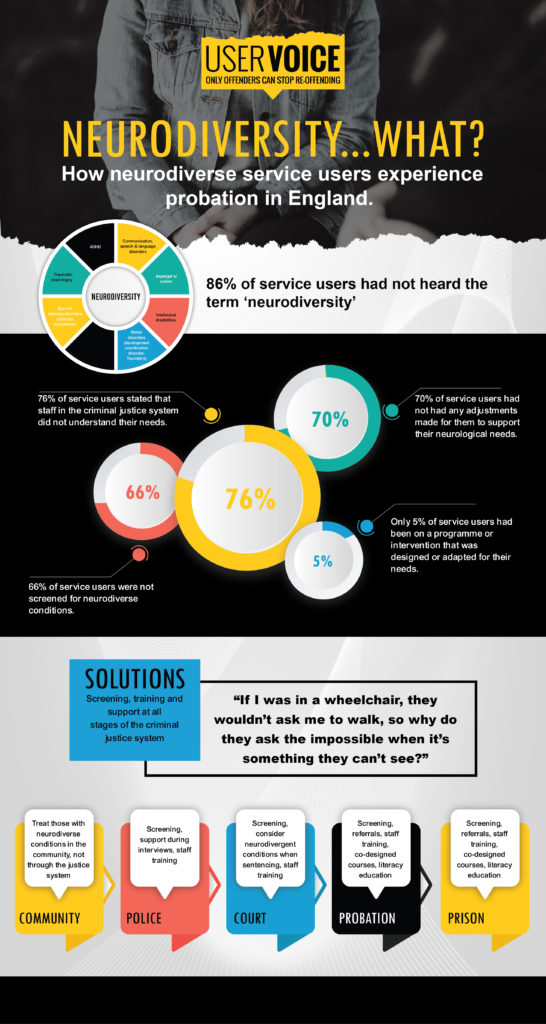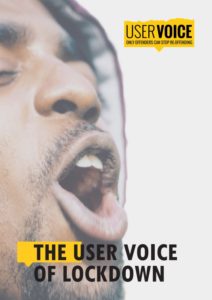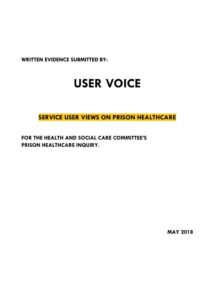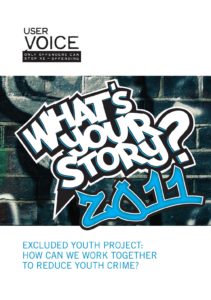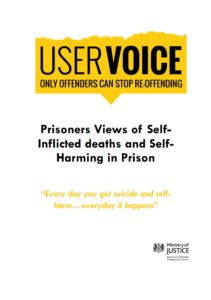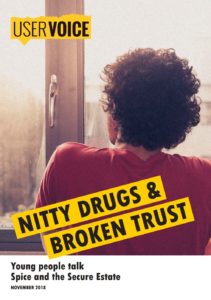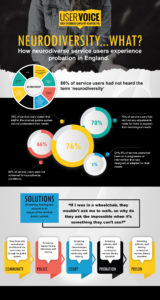Neurodiversity within the criminal justice system is an under-researched but vitally important issue. Neurodiversity covers many conditions related to how the brain functions including ADHD, autism, intellectual disabilities, traumatic brain injury and motor disorders.
Estimates suggest that neurodiverse conditions are three times more common in the criminal justice system than in the general population. However, our findings indicate that there is limited screening for these conditions and the true figure may be much higher.
User Voice, a charity run by people with lived experience of the criminal justice system, directly engaged with 118 people in prison and on probation who had a diagnosed neurodiverse condition across 10 probation services in England.
This consultation was commissioned by Her Majesty’s Inspectorate of Probation as part of a wider review on neurodiversity in the criminal justice system being carried out on behalf of the Ministry of Justice.
